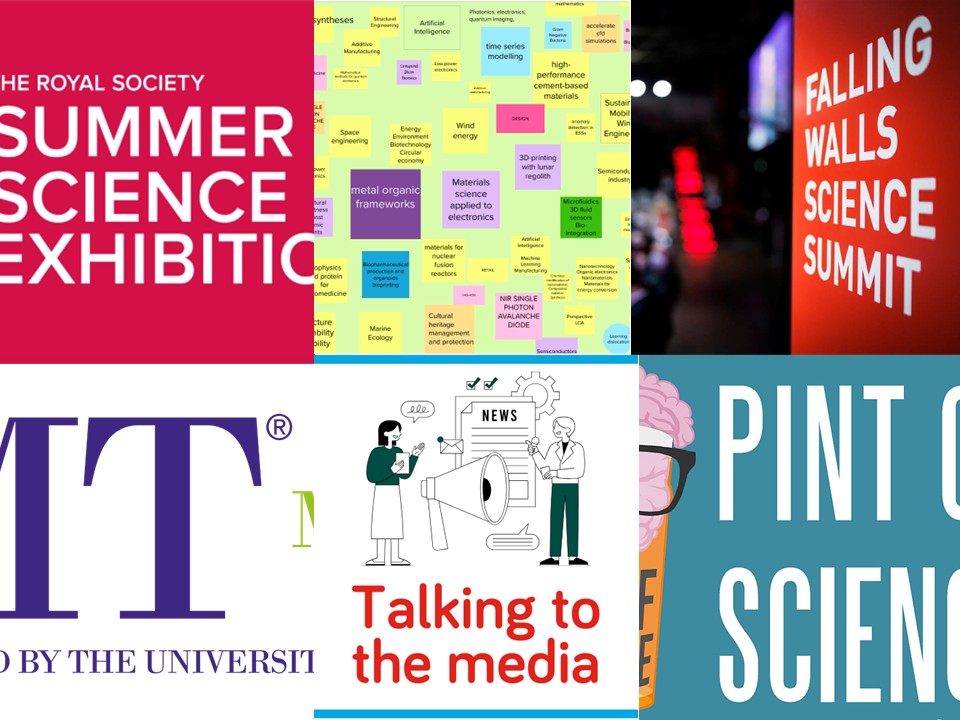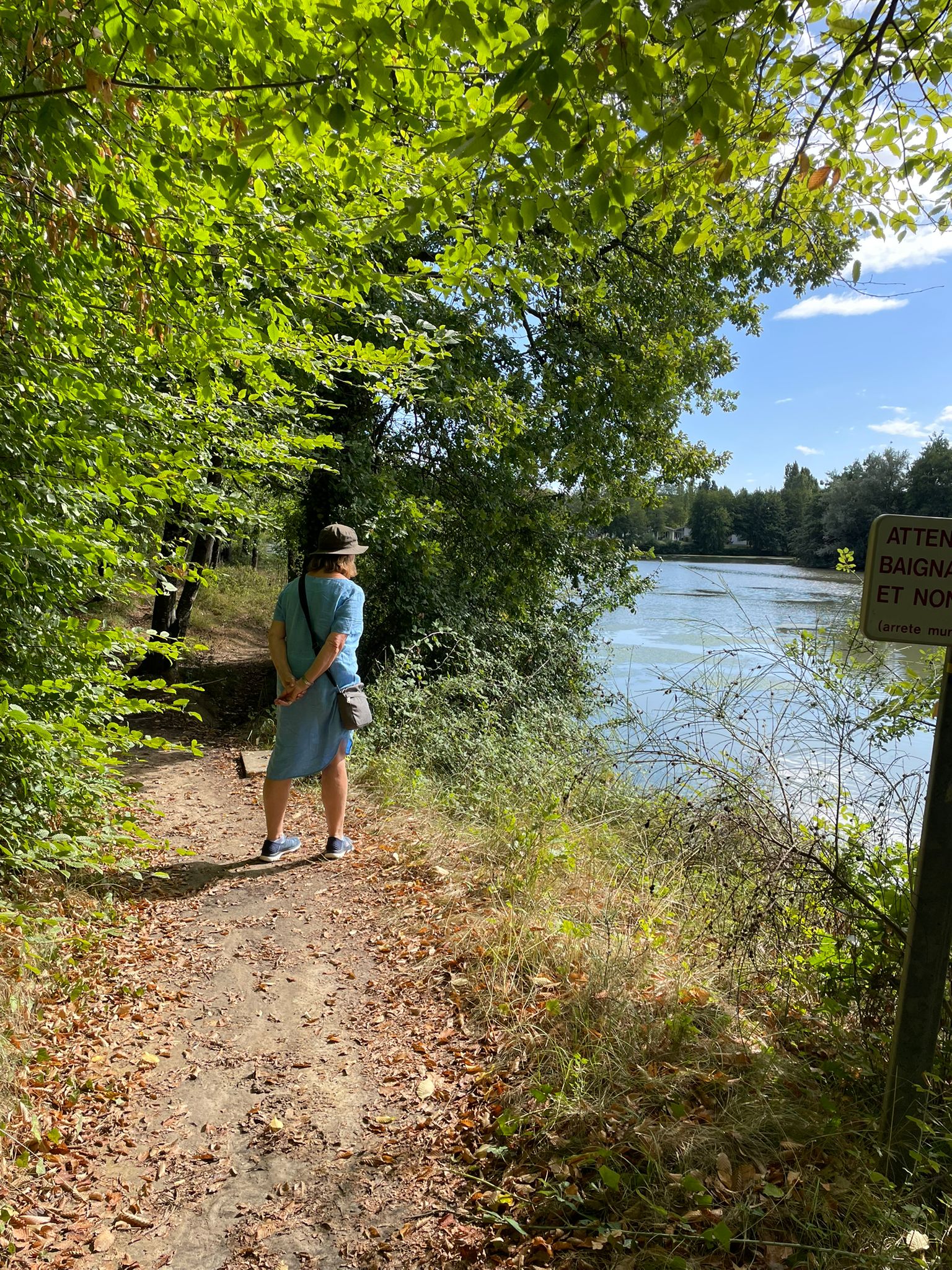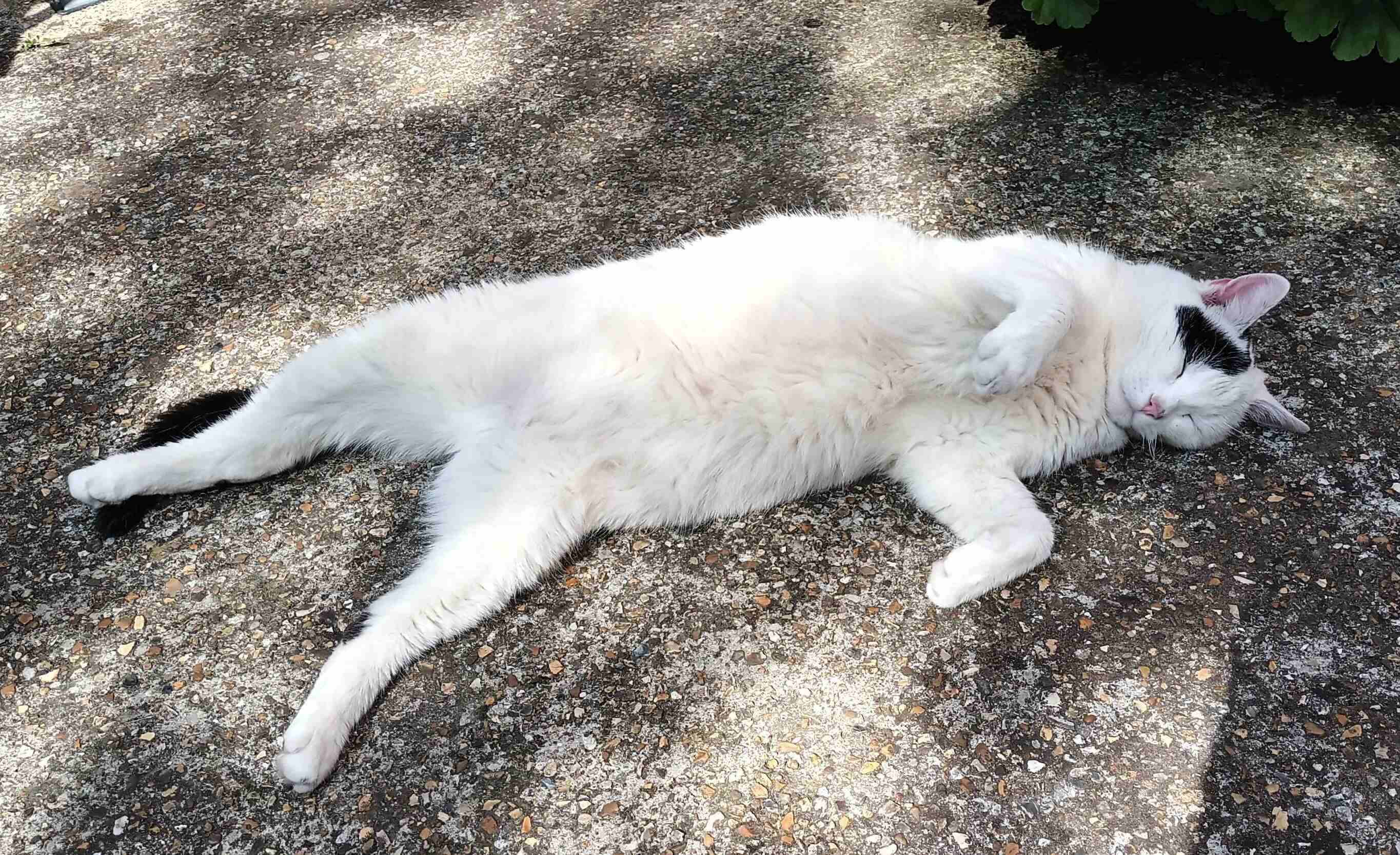
My first job after graduating was as a Research Assistant, carrying out biochemical experiments on calcium transport in plants. With a Biology degree focused on plant science and biochemistry, it seemed like the perfect fit.
Except it wasn’t. I quickly learned that enjoying a subject and enjoying the work are two very different things. Lab work simply wasn’t for me.
My next move took me out of the lab and into the editorial office of a plant science journal. It was interesting at first, but I soon realised that most of the role revolved around administration – another poor fit.
But that job led to something unexpected. Based in a university Biology department, I became the person PhD students came to when they wanted their CVs checked for English grammar (well, I was seen as the editorial expert!). Surprisingly, I found this very satisfying and it led me to volunteer with the university careers service in my spare time, where I discovered a profession far more creative, varied and fulfilling than I’d ever imagined.
That was the moment when I stopped letting my subject discipline dictate my direction. Instead, I started paying attention to my interests, strengths and the type of work that energised me. From there I became a university careers adviser, then moved into PhD career development for a learned society, eventually becoming an independent consultant.
Looking back, the pattern is obvious: I was a work in progress, learning through trial and error what suited me and what didn’t. And I’ve realised that those who spend years immersed in higher education, specialising through a degree, master’s and PhD, are often more likely to base career decisions on what they know, rather than on what they enjoy.
Perhaps you feel this too. When you’ve spent your 20s and 30s within the walls of academia, an academic career can seem like the natural, ‘relevant’ next step. But relevant doesn’t always mean right. The real question is: what kind of work actually feels meaningful to you?
Not, “What is my subject area?”. Instead, “How do I like to work? What skills feel natural? What values matter to me? What environment brings out the best in me?”
If you want to explore these questions further, you might find my blog Analyse You or my chapter in Job Hunting in the 21st Century helpful. The more accurately you can name the tasks and environments that suit you, the clearer your future path becomes, and the easier it is to introduce yourself confidently in applications or interviews.
For me, the words that define my work now are: Finding connections; Being intuitive about people; Supporting and empowering others; Autonomy; Curiosity and pattern-finding. In my 20s, I would never have chosen these; back then I was still figuring out who I was. The only constant was ‘research’, and it turns out that researching people, not plants, is where I belong.
So, here’s my closing message: Don’t be hard on yourself if you’re uncertain about your future. You’re a work in progress, and that’s exactly how it should be. Try things, notice what energises you, and reflect on the tasks and values that feel most rewarding. Academia may seem like the obvious route, but as your research career evolves, many of the enjoyable parts fall away and are replaced with writing, fundraising, managing and administration.
Make sure the path you choose isn’t just relevant to your knowledge, but right for who you’re becoming.








